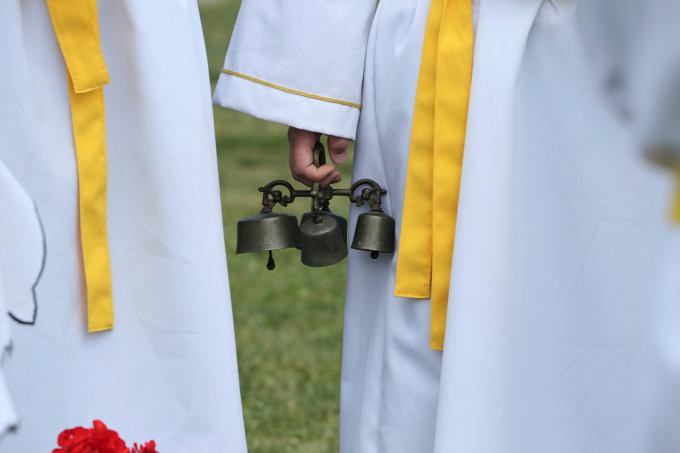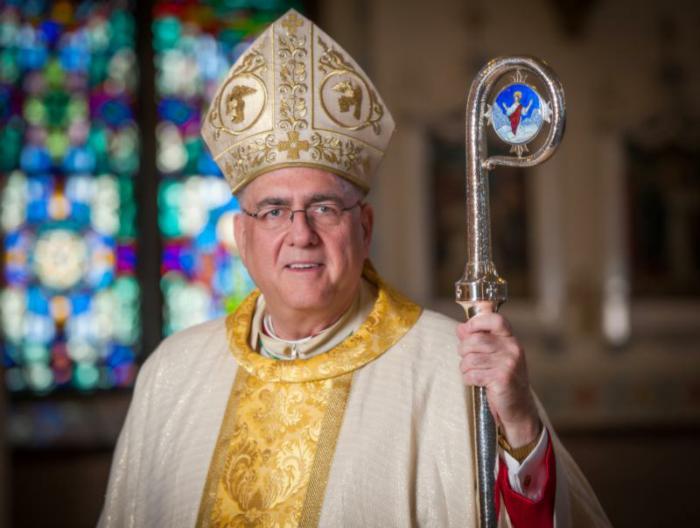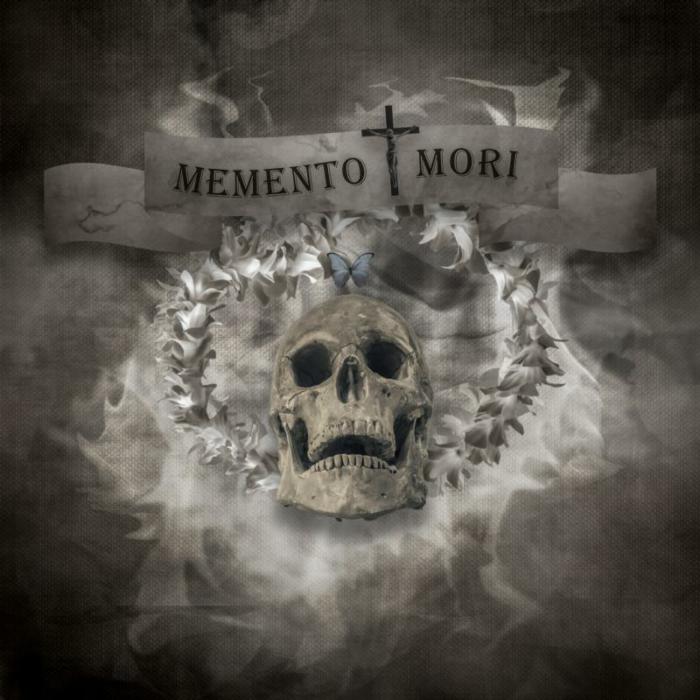In response to my Messianic friend who said:
"Catholics invented purgatory to make money."
No, Catholics did not add purgatory to make money or for any reason. In fact, Catholics got praying for the dead from our Jewish brothers and sisters. Prayers for the dead and the consequent doctrine of purgatory have been part of religion since before the time of Christ. Not only can we show it was practiced by the Jews of the time of the Maccabees, but it has even been retained by Orthodox Jews today, who recite a prayer known as the Mourner’s Kaddish for eleven months after the death of a loved one so that the loved one may be purified. It was not the Catholic Church that added the doctrine of purgatory. Rather, any change in the original teaching has taken place in the Protestant churches, which rejected a doctrine that had always been believed by Jews and Christians.
The term purgatory isn’t in scripture. So what? The word Bible isn’t in scripture, either, or Trinity, or Incarnation, or atheism, or rapture, or monotheism…the specific term may not be spelled out, but the concept is explained.
But before Christ was even born, people prayed for their dead. Judas Maccabee prayed for the dead who had sinned, II Maccabees 12: 43-45. Prayers are not needed by those in heaven and no prayers can help those in hell. So what are the Maccabees praying for? There must be another place, realm, existence…let’s call it purgatory. Some say that this reference so clearly illustrates the existence of purgatory that, at the time of the Reformation, Protestants had to cut the books of the Maccabees out of their Bibles.
Besides our Jewish brothers and sisters praying in Maccabees and the Mourner’s Kaddish for eleven months after death, the earliest Christians also prayed for their dead. The graffiti in the catacombs, where Christians hid during persecutions in the first three centuries recorded prayers for the dead.
When did the term “purgatory” start being used? Can’t say, probably because in early Christianity teachings and traditions were passed down orally. It was an oral society, after all. But there’s no debate over heresy and novel doctrines. In the immediate post-apostolic years the faithful were sticklers for tradition. Remember Paul confronting Peter for not eating with the Gentiles, Galatians 2: 11-13. So if purgatory were a novel idea, Paul or someone would have made a fuss about it.
The Bible speaks of heaven, hell, and another place where the just who had died before Christ were waiting for heaven to be opened to them. We call that purgatory. After His death and before His resurrection, Christ visited those experiencing the limbo of the Fathers and preached to them the good news that heaven would now be opened to them (1Pet. 3:19). We call this place purgatory. Purgatory or limbo or whatever you want to call that place where there is a temporary, intermediate state is where people wait to gain entrance to heaven. At least it proves there is more than just heaven and hell.
Christ refers to the sinner who “will not be forgiven, either in this age or in the age to come” (Matt. 12:32), suggesting that one can be freed after death of the consequences of one’s sins. Similarly, Paul tells us that, when we are judged, each man’s work will be tried. And what happens if a righteous man’s work fails the test? “He will suffer loss, though he himself will be saved, but only as through fire” (1 Cor 3:15). Now this loss, this penalty, can’t refer to hell, since no one is saved there; and it can’t be heaven since there is no suffering there. Catholics call it purgatory. It seems reasonable to suppose that souls waiting to go to heaven are gradually purified.



















 Today in RCIA class, one of the students was particularly interested in the martyrdom of the 12 Apostles. A couple of weeks ago, this same student had everyone looking up Patmos, the island where the apostle John exiled. BTW, it's off Greece.
Today in RCIA class, one of the students was particularly interested in the martyrdom of the 12 Apostles. A couple of weeks ago, this same student had everyone looking up Patmos, the island where the apostle John exiled. BTW, it's off Greece.








